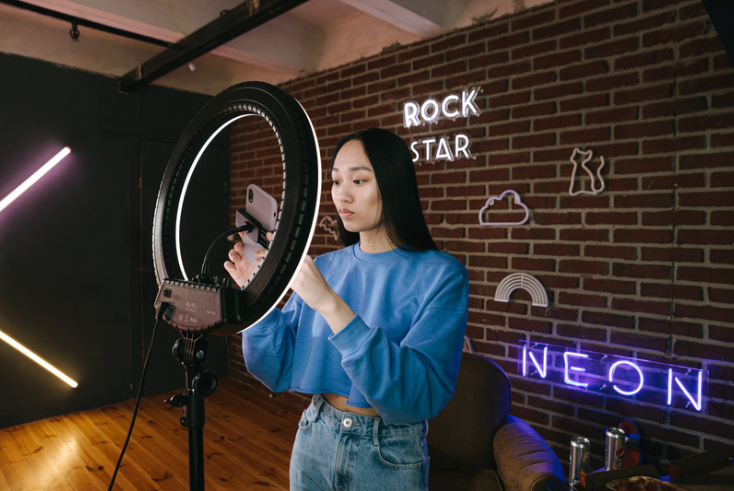ISBA takes aim at misleading filters with influencer Code of Conduct


ISBA has launched a Code of Conduct for influencer marketing, aimed at reducing negative issues like loss of trust because of misleading photo editing.
The independent trade body’s Influencer Marketing Working Group has collaborated on these guidelines for best practice with talent agencies and influencers for over a year.
It aims to promote honest, transparent and authentic advertising to benefit and protect consumers, influencers and advertisers.
The Code includes expectations for standards for advertisers and brands, talent agencies and influencers at each stage of collaboration.
It specifically mentions: “We will not use photo filters or any Photoshopping or editing techniques, which give misleading impressions of product effects or benefits.”
However, Annalie Coia, Fanbytes senior account manager suggested this restriction would be difficult to enforce because creative filtering techniques are so widely used by influencers on Instagram and Snapchat.
Coia told Mediatel News: “It would be difficult to get creators to agree to post totally unfiltered content – filters are often part of an influencer’s visual brand across their feed.
“Forcing creators not to use one could lead to the sponsored content feeling inauthentic, which would translate to less engagement for the brand.”
The ISBA code also commits to using #ad rather than #spon to further clarify when an ad is an ad.
While it recognises deceptive photo filters is already forbidden by ASA, ISBA hopes they will become industry standard.
ISBA’s director-general, Phil Smith, said: “At its best, influencer marketing allows for authentic, personalised ads, delivered in a transparent way. However, if done incorrectly, it can cause reputational damage to influencers and brands alike.
“There is no excuse for failing to disclose when an ad is an ad, or for misleading consumers with photo editing. Equally, influencers often face real challenges when it comes to financial flows and mental health. Meanwhile, brands know influencer marketing can be effective, but struggle to demonstrate ROI.”
